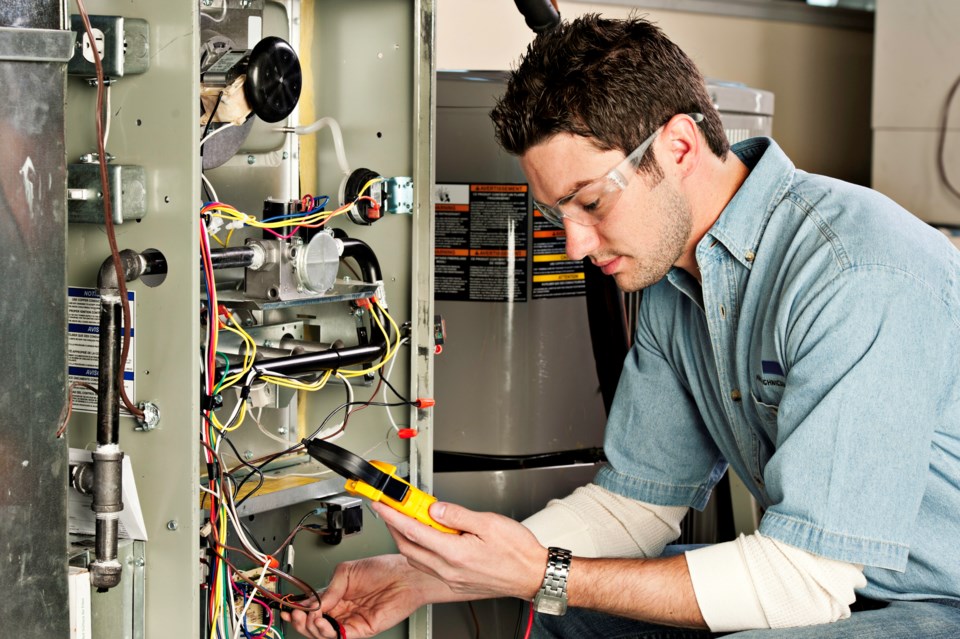School District 43 will spend $2.2 million on mechanical upgrades and new super-efficient filters to improve air quality in schools but is stopping short of putting air scrubbers in classrooms as part of its COVID-19 response.
The efforts come as temperatures cool and the district relies more on its heating system to keep schools at a comfortable 21C.
Ivano Cecchini, executive director for facilities and planning, said SD43 had made improvements to mechanical systems a priority even before COVID-19 and it doesn’t rely on scrubbers to clean air and recirculate it back into the room.
MORE SYSTEM UPGRADES
“Our school district works to ensure that that there is adequate ventilation in our learning spaces, and if they do not we try to remediate the spaces on a permanent basis without depending on items such as scrubbers.”
Other districts are using scrubbers in some classrooms, but Cecchini said SD43 does mechanical system upgrades annually and has plans to focus on four elementary schools: Leigh and Central in Port Coquitlam, and Miller Park and Eagle Ridge in Coquitlam.
“The upgrades contribute to better air quality, comfort levels and energy efficiency which are all very important for our district.”
The district expects to spend close to $2 million on new mechanical systems for schools this year.
Keeping schools virus free is key as there are no plans to close schools even as COVID-19 cases rise in the Tri-Cities. So far there has been no transmission of COVID-19 in SD43 schools although 40% of schools have been flagged for an exposure.
FILTERS AND OPEN WINDOWS
The district is also purchasing MERV-13 filters, which are recommended because they can filter out tiny particles; however, demand for the high-efficiency filters have resulted in backorders. Cecchini said they should be available shortly.
A number of school districts are using the MERV-13 filters to improve air quality, including New Westminster and West Vancouver, but they are four times more costly than regular air filters. As well, they have to be changed more frequently. Cecchini said the district expects to spend $200,000 on these filters.
Still, the filters are seen as one of many strategies for reducing the spread of COVID-19 in schools.
Schools will start their ventilation systems two hours before people arrive in order to increase the number of air exchanges during the day and staff are being asked to open windows whenever possible.



